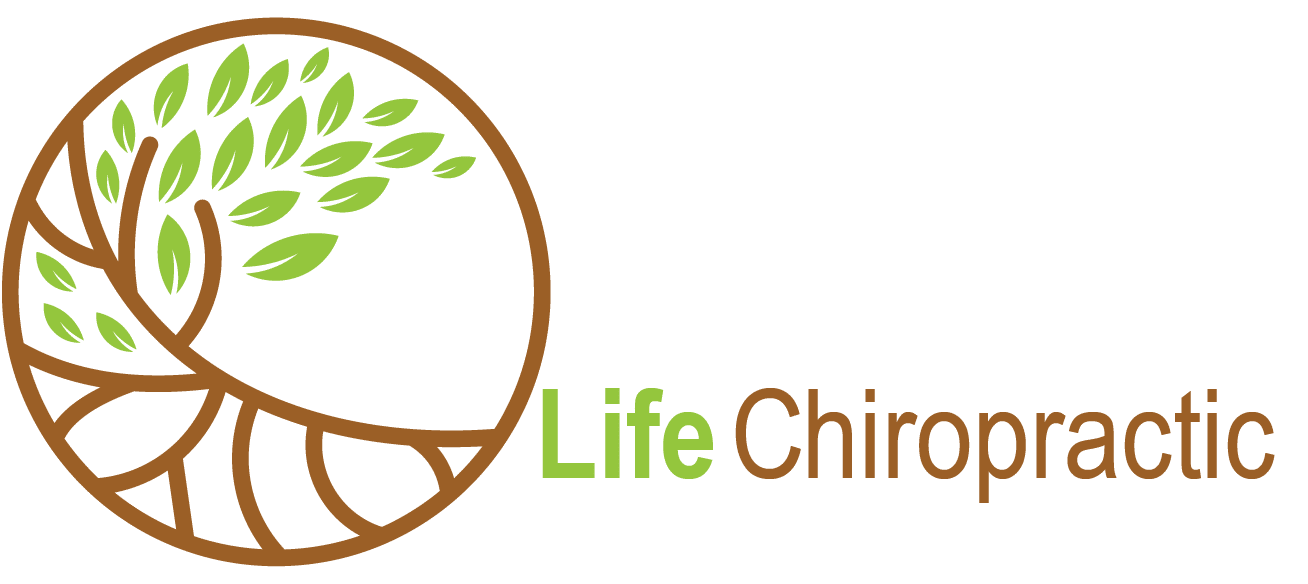Dr. Matthew Walker is professor of Neuroscience and Psychology at the University of California, Berkeley and author of the bestseller ‘Why We Sleep’. His research has explored the role sleep has in human health and disease.
The Role of the Vagus Nerve
The Vagus Nerve is the primary nerve that connects the brain with many of the organs of the body. Activation of the Vagus Nerve essentially sends a message to the body to relax and make the transition from ‘fight or flight’ of the sympathetic nervous system to the ‘rest and digest’ mode of the vagus nerve.
The Vagus Nerve and the Sympathetic Nervous System need to function in a balance for the body to express health. Modern life typically stimulates the ‘fight or flight’ system causing an inhibition of the Vagus Nerve.
Heart Rate Variability (HRV) is a measurement of the health of the autonomic nervous system. In general a higher HRV is associated with greater health. In order to raise HRV in the vast majority of cases that involves increasing vagus nerve activity.
Recently there has been a drastic increase in the sales of a number of devices meant to stimulate the Vagus Nerve, called Vagus Nerve Stimulators. These devices can be quite beneficial. I’ve purchased a few of them and they do a decent job activating the Vagus Nerve. What they don’t do is help you learn how to self-regulate without the device.
And, they do nothing to remove any irritation or interference to the function of the vagus nerve. The bottom line is that increasing the activity or tone of the vagus nerve reduces stress and leads to better health outcomes.
Sleep
Recent research from Dr. Matthew Walker and others have determined how critical quality sleep is for human health. Sleep has been shown to improve HRV and as a consequence, health.
- Physical Health: sleep supports the immune system and is critical in preventing a range of diseases like cancer, diabetes, and Alzheimer’s.
- Longevity and Creativity: sleep can slow the effects of aging and support creativity.
- Learning and Mood: sleep supports our ability to learn and supports our mood.
Where Does Chiropractic Fit In?
The majority of people associate chiropractic with the back because it is so effective with neck and back pain.
What most don’t realize is how effective chiropractic is with helping people overcome issues like:
- Acid Reflux
- Asthma
- Menstrual irregularities
- Anxiety
- Stress
- Sleep
- High Blood Pressure
- Bedwetting
- …and so much more
How is chiropractic so effective with these issues that seem to have nothing to do with the back or the spine?
The greatest health benefits of chiropractic come from its ability to balance the Autonomic Nervous System (ANS). The ANS consists of two divisions:
- Sympathetic “fight or flight” System which is the system responsible for your stress response. When it is repeatedly activated it can become dominant and contribute to:
- Increased muscle tension and pain
- Disturbed sleep
- Higher blood pressure
- Increased inflammation
- Vagus Nerve of the Parasympathetic “rest and digest” System responsible for many of the body functions that support long term health and healing such as:
- Healthy immune response
- Restorative sleep
- Healthy digestion
- Rest and recovery
The chiropractic adjustment corrects sources of irritation to the Autonomic Nervous System. Irritation and interference to the Vagus / Parasympathetic system occurs in the upper neck and pelvis. These adjustments help improve the function of the vagus nerve.
Adjustments to the mid and lower back have a greater impact in reducing overactivity of the Sympathetic System.
Conscious Breathwork
Most people have dysfunctional breathing patterns involving overactivity of the upper chest. This causes a continual low level activation of the Sympathetic System which drives tension and pain and interferes with deep restorative sleep.
Improving breathing coupled with simple breathing practices coupled with chiropractic care can have a significant effect on improving sleep quality.
